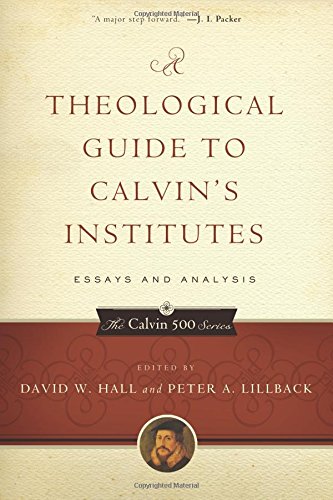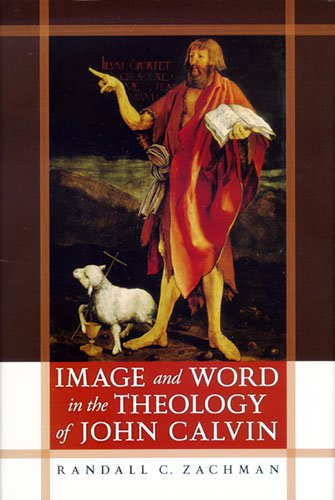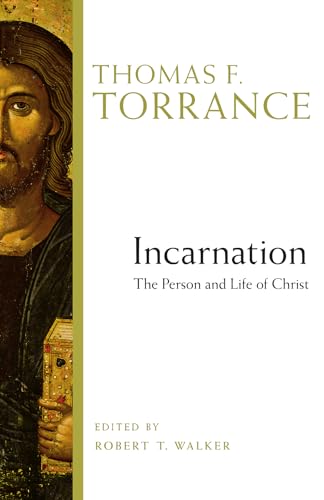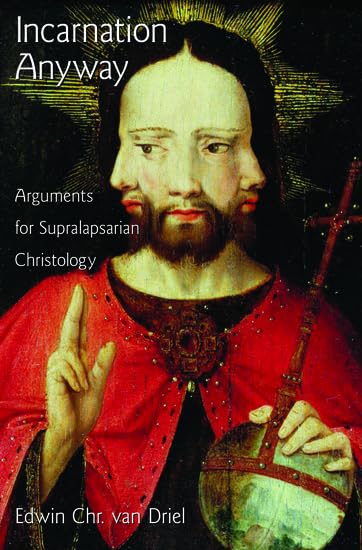Theology of the New Testament: A Canonical and Synthetic Approach
Written by Frank Thielman Reviewed By James ReadFrank Thielman writes his theology of the New Testament to ‘provide a service and make a case’ (p. 9). As one would expect, the service provided by this work is to orientate pastors, students, and scholars alike to each book of the New Testament. This he does eminently well, through lucid and well-executed exegesis, discussion, and summary of the biblical text. Thielman also seeks to demonstrate that diversity within the theological emphases and cultural context of each book does not preclude a unified, ‘synthetic’ NT theology. For all the distinctiveness of its discrete textual witness, Thielman shows that the New Testament is remarkably homogenous in its commitment to the centrality of Christ and the gospel.
His approach to the subject is primarily to articulate the theological concerns of the New Testament from the perspective of the historical times and cultural circumstances in which each text has been written. Thus the introduction calls the reader to embrace the insight of faith while carefully examining the New Testament documents in their historical context.
Each NT book’s theological content is examined individually and in relation to the three main theological units of the New Testament—the Gospels and Acts, the Pauline letters, and the non-Pauline letters and Revelation. Thielman keeps each text in conversation with the others while focusing on particular texts in their own right. In doing this Thielman maintains a course somewhere between approaches emphasizing the historical minutiae of the New Testament and those delineating the theological layers.
In terms of tackling the New Testament chronologically or canonically, Thielman follows a roughly chronological approach, not so much to the texts themselves as to the history of early Christianity that the texts presuppose. Thus he begins with Jesus as encountered in the four Gospels, moving on to Paul and his correspondence, before dealing with the non-Pauline texts. Essays at the beginning and end of each of these units draw attention to the coherent convictions and common emphases of these books and are one of the highlights of the work.
Due to the lack of chronological evidence for texts in the latter unit, Thielman opts to deal with the texts thematically, first treating those in which heresy is a dominant theme (John’s Epistles, Jude, James, and 2 Peter) and second treating those in which persecution is the primary theme (1 Peter, Hebrews, and Revelation). This methodological device is entirely commendable despite the slightly awkward placing of Hebrews in the latter section. Thielman never really proves that the book of Hebrews ought to be identified with the suffering Christian Diaspora.
Following on the heels of Howard Marshall’s 2004 NT theology, Thielman’s work might for some seem like a surplus. One of its distinguishing features, however, lies in the inclusion of seven chapters throughout the book that draw the variegated strands of theological teaching together, culminating in a chapter highlighting five uniting theological tenets of the New Testament: the centrality of Jesus, the importance of faith, the outpouring of the Holy Spirit, the church as God’s people, and the final eschatological restoration.
The book is well organized and accessible, benefiting from a generous peppering of sub-headings that help the reader grasp the authorial intent at a glance while also providing a useful guide for preachers and teachers. Few will disagree that in the arrival of Thielman’s NT theology, a service has been laudably provided and a case well made.
James Read
Bible Institute Eastern Cape
Port Elizabeth, South Africa
Other Articles in this Issue
Why are we talking about preaching with power? Because of what Christianity is...
In the mid-twentieth century, one could readily find informed Protestant observers acknowledging the Calvinist tradition’s major missionary contribution...
The summer of 2007 was the wettest in Britain since records began, registering over twice the usual amount of rainfall between May and July...
How Far Beyond Chicago? Assessing Recent Attempts to Reframe the Inerrancy Debate
by Jason S. SextonThe doctrine of inerrancy has been a watershed issue among evangelicals in the West, perhaps now more evident than ever...
Quite apart from commentaries and hermeneutical textbooks, books on the Bible—its nature and ultimately its authority—have been appearing with daunting frequency of late







